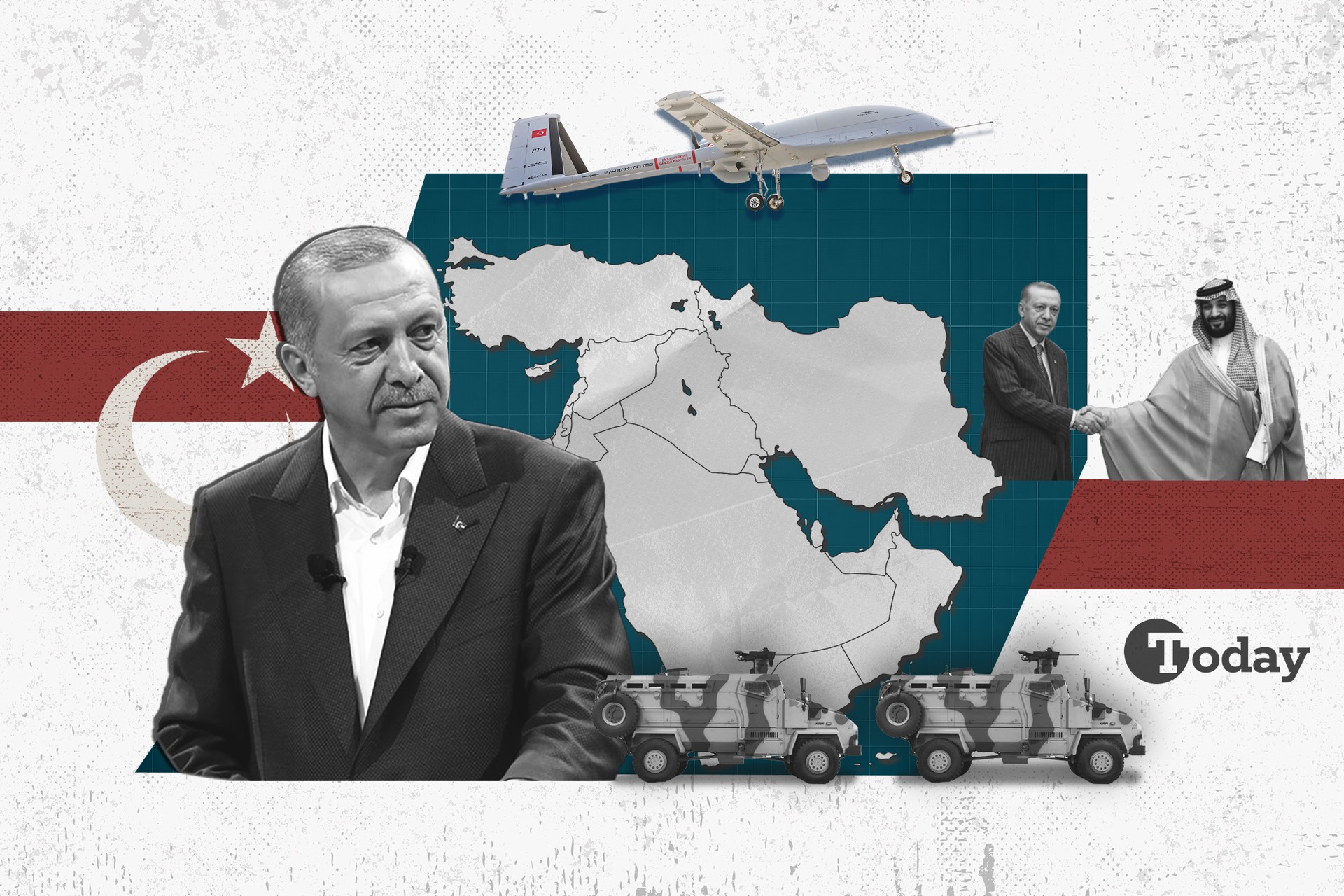
On April 28, Saudi Arabia's foreign minister held yet another phone call with his Iranian counterpart ahead of a planned visit to Oman, marking the latest in a series of high-level contacts between the former regional rivals. This diplomatic engagement comes just days after Saudi Arabia's representative at the International Court of Justice presented arguments against the actions of Israel’s Prime Minister Benjamin Netanyahu's government in Gaza, calling for Israel to respect international law.
These developments signal a dramatic shift in Middle Eastern geopolitics, as Saudi Arabia increasingly pivots away from potential normalization with Israel while simultaneously strengthening ties with former adversaries Iran and Türkiye.
"We're witnessing a regional agency that's still trying to find its feet," explains Aziz Alghashian, a Saudi researcher and expert on Saudi foreign policy. "Before this regional agency fully formed, there was a spirit of cooperation and rapprochement that started towards the end of 2018, with states like Saudi Arabia extending hands, changing tones in the GCC, and trying to recalibrate relations."
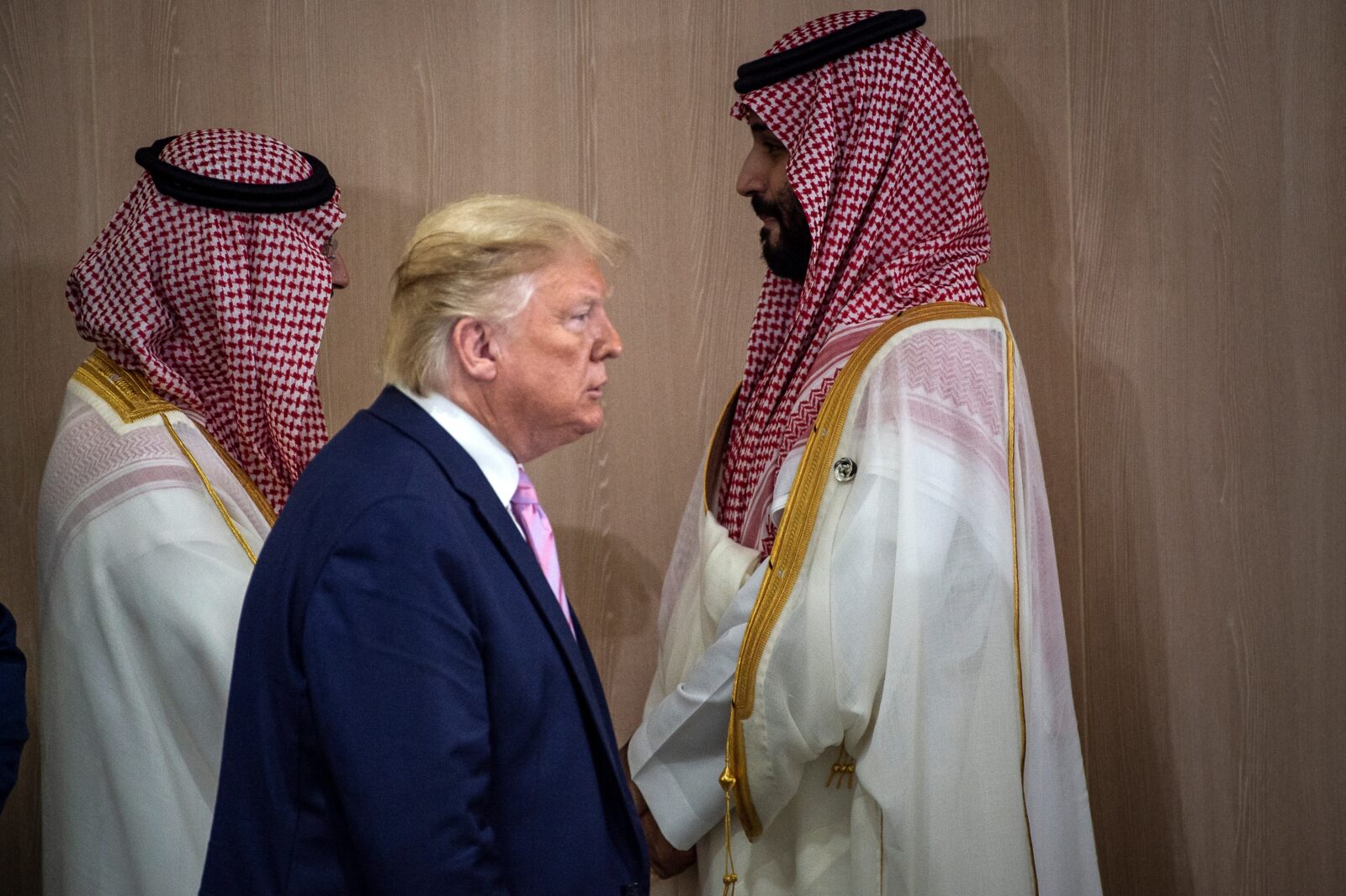
Just a few years ago, the Abraham Accords promised to reshape the Middle East by normalizing relations between Israel and Arab nations. The agreements, signed by the UAE and Bahrain in 2020, were intended to eventually include Saudi Arabia—the ultimate diplomatic prize for Israel.
The accords, championed during Trump's first administration, aimed to create an anti-Iran bloc while sidelining Palestinian statehood demands. For a time, this strategy seemed viable, as Arab states began distancing themselves from the Palestinian cause, particularly as Hamas developed closer ties with Tehran.
As late as early 2023, quiet negotiations between Saudi Arabia and Israel continued. Even immediately after Oct. 7, Saudi criticism of Israel remained notably restrained, suggesting normalization remained possible despite the escalating conflict in Gaza.
According to Feyza Gumusluoglu, a journalist and regional expert, the aftermath of Oct. 7 fundamentally altered regional perceptions: "Iran had long been viewed as the primary security threat by Gulf countries—especially Saudi Arabia—but today, a violent Israel with unwavering Western support might be increasingly seen as a greater risk to regional stability."
The breakdown of the Gaza cease-fire in February marked a decisive turning point. When Israel resumed military operations and Netanyahu's government began discussing controversial proposals—including potential forced displacement of Palestinians—Saudi Arabia's stance hardened dramatically.
In February, Saudi media, previously measured in its approach, adopted a slightly harsher tone toward Netanyahu's government. A Saudi state news channel declared unequivocally that Israel "does not have a good face and an ugly face. It only has one face and it is Benjamin Netanyahu," since the Israeli prime minister went so far as to suggest that “Saudi Arabia should provide Palestinians with a state on their own territory.”
The kingdom has since amplified its demands for a two-state solution as a non-negotiable condition for regional peace. On April 29, the Saudi Foreign Ministry publicly highlighted their delegation's involvement at the International Court of Justice, explicitly calling for Israel to adhere to international law regarding Gaza.
Aziz Alghashian, a Saudi Arabian Fellow with the Sectarianism, Proxies and De-Sectarianization project (SEPAD) and the Center for Applied Research in Partnership with the Orient (CARPO) as a researcher, offered insight into the shift: "Israel has proven to be too problematic, especially when it comes to these regional blocks. Nobody wants to work with Israel as a block. People may want to work with Israel geopolitically for other things, especially with the UAE, but not as a counter to Iran. This notion of 'the enemy of my enemy is my friend' is flawed, yet that's unfortunately what many people in Israel like to think relations with Saudi will be."
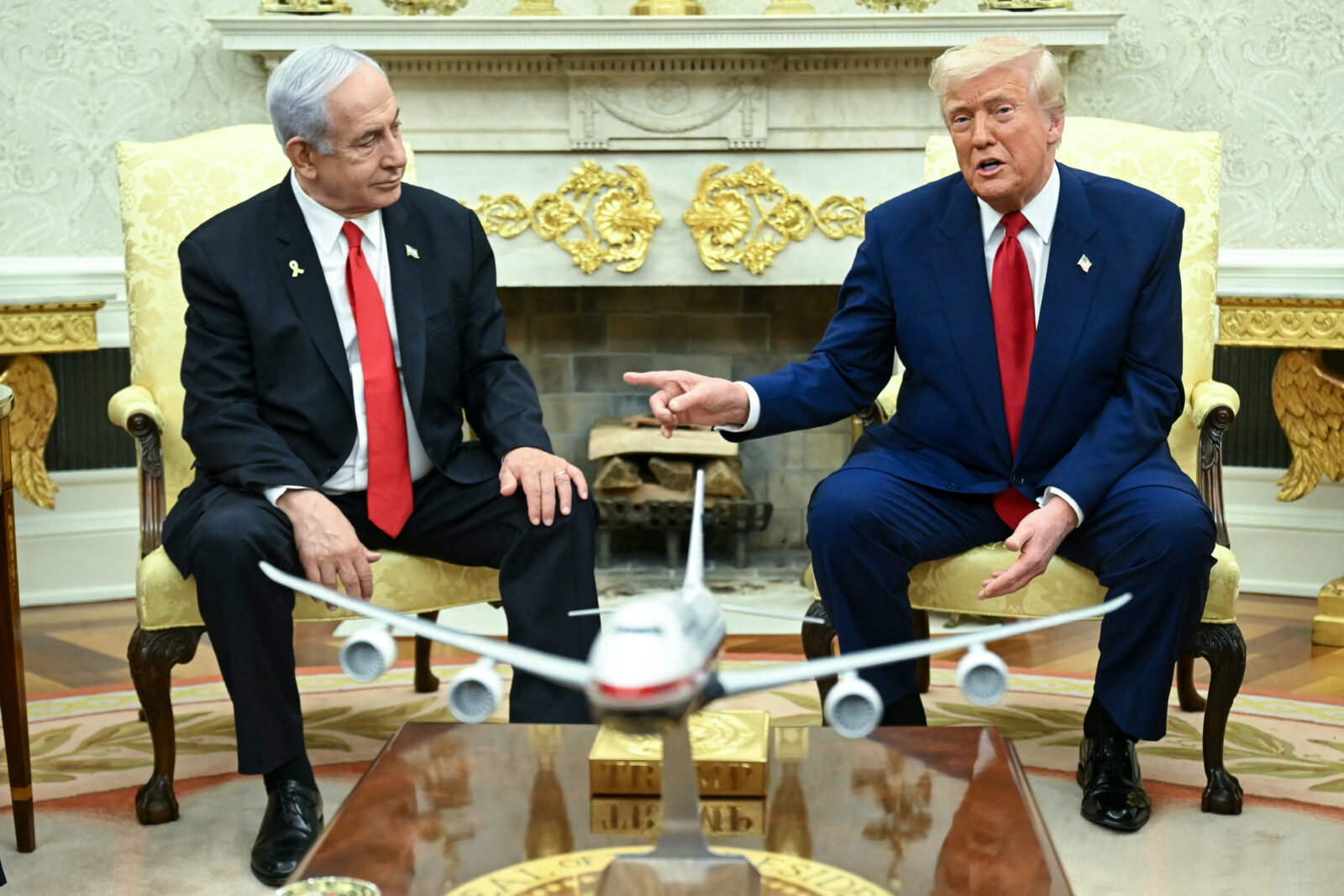
Perhaps most remarkable has been Saudi Arabia's accelerating diplomatic thaw with Iran. On April 28, their foreign ministers held their latest high-level discussion—one of several such engagements in recent months. Earlier this year, Saudi Arabia's defense minister made the highest-level royal visit to Iran in decades.
During this diplomatic mission, the Saudi delegation delivered a letter from King Salman to Iran's Supreme Leader Ali Khamenei, reportedly expressing support for a Saudi-Iranian security pact—an arrangement that would have seemed inconceivable just years earlier.
Further evidence of this warming relationship came when Iran's ambassador to Saudi Arabia tweeted about concluding a meeting with the Saudi Minister of Information focused on "Media Cooperation" and plans for exchanges between writers and intellectuals—demonstrating how normalization is expanding beyond security issues into cultural and social spheres.
"The Saudi-Iranian rapprochement is a clear reflection of growing distrust toward the United States, which has led these states to shoulder more regional responsibility and resolve issues diplomatically," expert Gumusluoglu notes. She adds that this trend began well before the current crisis: "Under these new circumstances, containing Iran through diplomacy—rather than marginalization—and diminishing the Israeli threat make more strategic sense."
According to Alghashian, the pivot toward Iran was evident as early as July 2022, during "the Biden-MBS summit in Jeddah, when it was clear that the region, the GCC, and the GCC-plus with Jordan, Egypt, and Iraq, kind of pivoted toward a rapprochement with Iran. We're now seeing the foundation of a regional architecture where Saudi Arabia and Iran, or the GCC and Iran, actually form the chassis of regional stability or instability."
The regional recalibration of cooperation and changing understanding extends to Türkiye as well. During the week when everyone thought Türkiye had gained the upper hand in Syria, Türkiye sent cooperation messages to all regional countries and established close contact with Saudi Arabia and the UAE. Ahmad al-Sharaa, who took over Syria's administration, also visited these two countries.
President Recep Tayyip Erdogan has positioned himself as one of Israel's most vocal critics since Oct. 7, and Saudi-Turkish relations have improved significantly during this period also. While economic interests have contributed to this reconciliation, shared concerns about Israel's regional actions have clearly accelerated the process.
The two powers have deepened security cooperation and coordinated their approaches in Syria. On April 30, reports confirmed that both Saudi Arabia and Qatar agreed to pay Syria's $15 million debt, highlighting how Gulf states that once had divergent approaches to Syria are now harmonizing their regional policies.
Gumusluoglu explains that these contacts point to a changing understanding beyond simple diplomatic activity: "Rivalries—such as between Türkiye and Saudi Arabia—proved largely unproductive," explains Gumusluoglu. "Countries, especially Saudi Arabia, are now prioritizing development, economic diversification, and cultural transformation. These goals require stability, not confrontation."
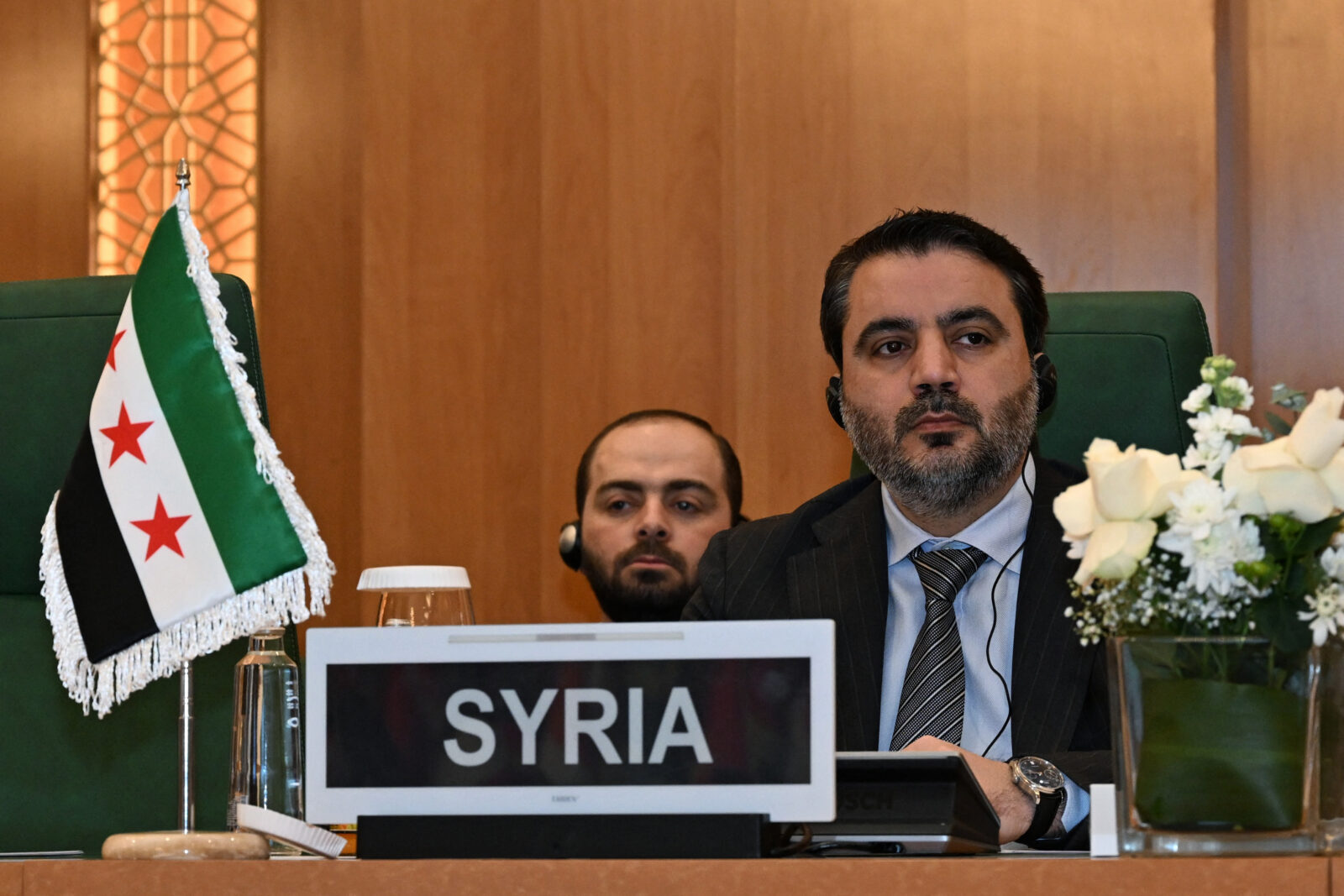
The contrast between regional dynamics in 2020 and 2025 is striking. Five years ago, Iran's proxy network operated at full strength, having demonstrated its capabilities with strikes on Saudi oil facilities. Iran was led by hardliner Ibrahim Raisi, while Israel was experiencing political instability that briefly yielded to a more moderate coalition government.
Today, Iran's proxy network has been significantly weakened. After his death, Raisi has been replaced by reformist Masoud Pezeshkian, and Iranian leadership appears eager to negotiate a new nuclear deal. Meanwhile, Israel has moved further rightward under Netanyahu's government, advocating for a more aggressive regional stance.
In this context, Saudi Arabia has evidently reassessed its strategic calculations, now viewing Israel, rather than Iran, as the primary threat to regional stability.
Dr. Alghashian identifies a clear chronology to this shift: "2021 was the beginning of a series of rapprochements. The Saudi-Iran deal in early 2023 kind of put a nail in the coffin of any anti-Iran axis that would include Israel."
The emerging diplomatic patterns suggest key Middle Eastern powers are actively seeking an alternative framework for regional cooperation—one that transcends the binary choices that dominated previous diplomatic initiatives.
Rather than constructing alliances explicitly against specific nations, Saudi Arabia, Türkiye, and potentially Iran appear to be exploring a more inclusive regional security architecture. This approach prioritizes economic development and stability over historical ideological or sectarian divisions.
"We are not entering a new phase—we're already in it," Gumusluoglu asserts. "Regional powers are now cooperating more than they are in conflict. The effort to marginalize Iran brought little benefit to the region."
Another sign that the era of tying all relationships to a single event and not focusing on cooperation points has passed was that there was no strong reaction from anywhere regarding the operation against the Muslim Brotherhood in Jordan.
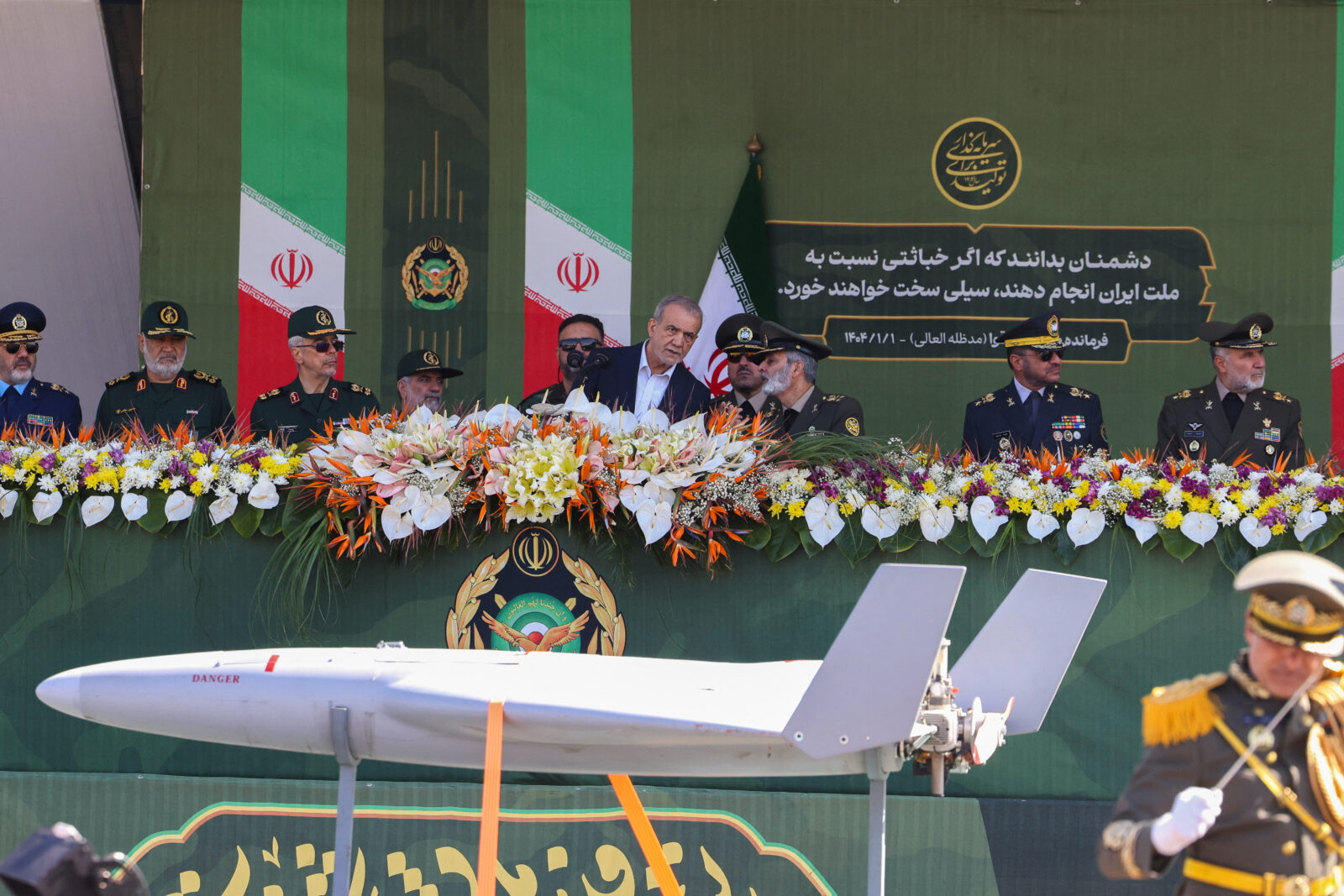
What remains uncertain is how the United States under Trump's second administration will respond to these shifting dynamics. Having championed the Abraham Accords during his first term, Trump now faces a Middle East where key allies are pursuing diplomatic paths that diverge significantly from his earlier vision.
"Trump's second term is already shaping up to be very different from his first," notes Gumusluoglu. "The first term was marked by a 'maximum pressure' campaign on Iran—one that aligned closely with the Gulf countries' agendas—and by internal crises among them, such as the blockade of Qatar. However, much has changed in the last few years."
However, she emphasizes that “the more regional cooperation and less hostility” might draw parallels to what the Trump administration wants.
Dr. Alghashian reinforces this view when describing the emerging relationship between the countries: "Saudi Arabia and Iran, or the GCC and Iran, actually form the chassis of regional stability or instability." This recognition appears to be driving policy in Riyadh, Ankara, and increasingly in Tehran as well.
The developments of April 2025 represent the visible manifestations of a profound change in geopolitical approaches. As regional powers continue to pursue their own interests with less deference to Washington's preferences, the Middle East's diplomatic arena may look increasingly unrecognizable to those still viewing it through the lens of 2020's Abraham Accords.